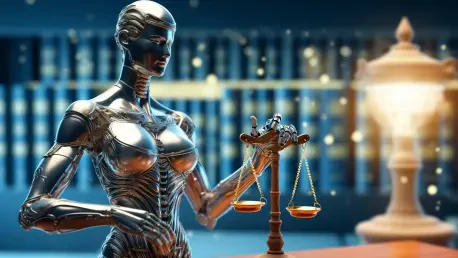
Across the legal industry, the embrace of artificial intelligence in e-discovery has moved from novelty to necessity. Law firms and corporate legal teams are deploying AI-driven tools – from predictive coding engines to generative AI summarizers – to tame the ever-growing flood of emails, chats,

Your peers in the legal sector are staring at a practical dilemma: contract teams are adopting AI-powered drafting, review, and redlining tools to move faster—but that speed brings novel liability risks. What used to be a junior associate’s careful read is increasingly an automated sweep; what used

The force majeure provision in a B2B SaaS agreement allows a party to avoid liability if they cannot fulfill an obligation due to unforeseen circumstances beyond their control. The clause allows service providers in the SaaS industry to temporarily suspend their roles and duties when sudden and

Non-compete clauses have become a legal and economic topic of debate in the United States over the past several years. These sections restrict the employees from entering businesses or rival companies or establishing other similar enterprises during a given time after quitting the job. Critics say

Your peers in the legal sector are facing a new and growing challenge: algorithmic tools that threaten the fairness of legal outcomes. From predictive policing to sentencing software , technologies once designed to improve efficiency are now raising serious concerns. In civil rights litigation ,

The legal field is transforming digitally, with technology becoming increasingly essential. At the heart of this evolution is regulatory technology, commonly known as RegTech. The NASDAQ forecast demonstrates that lawyers must adapt to governance adjustments because they dedicate extra time to
1 2